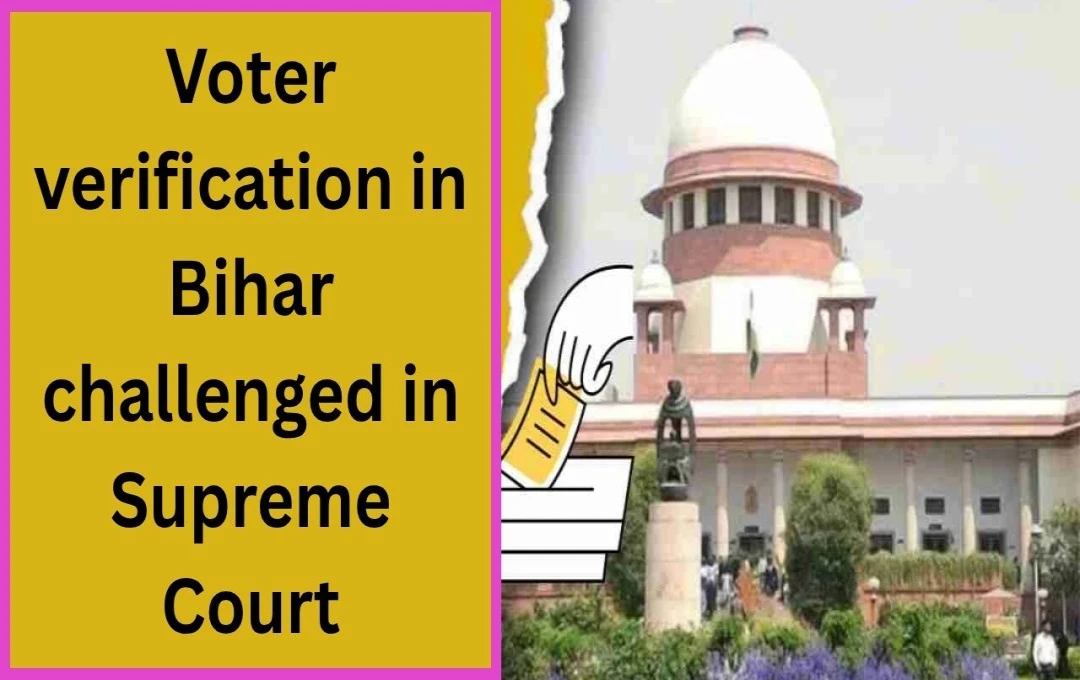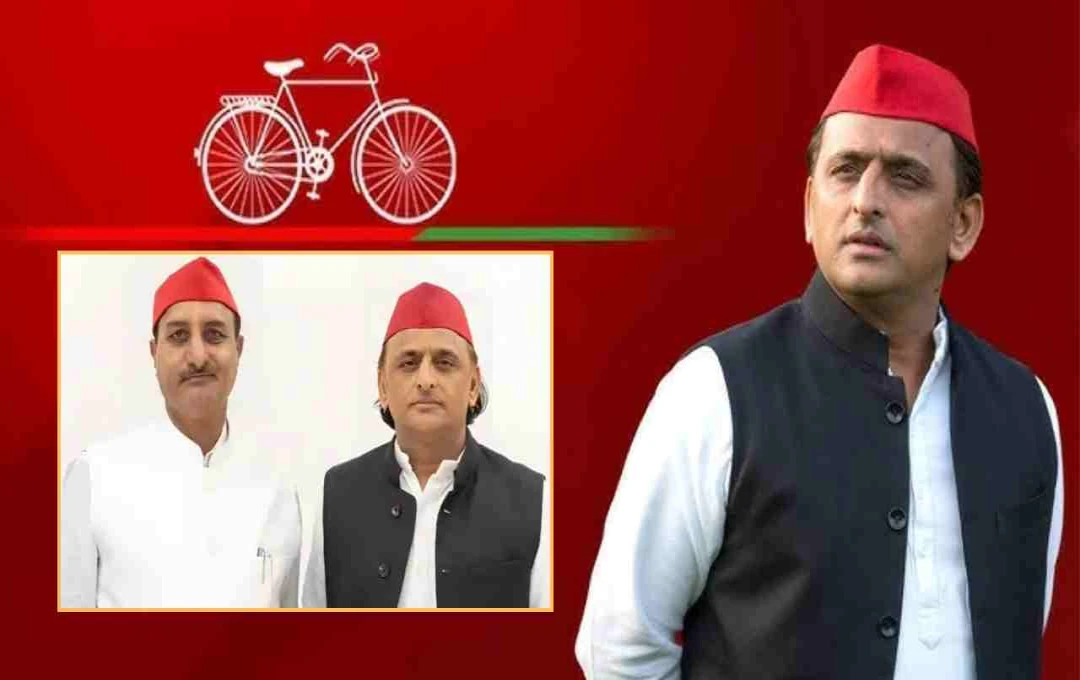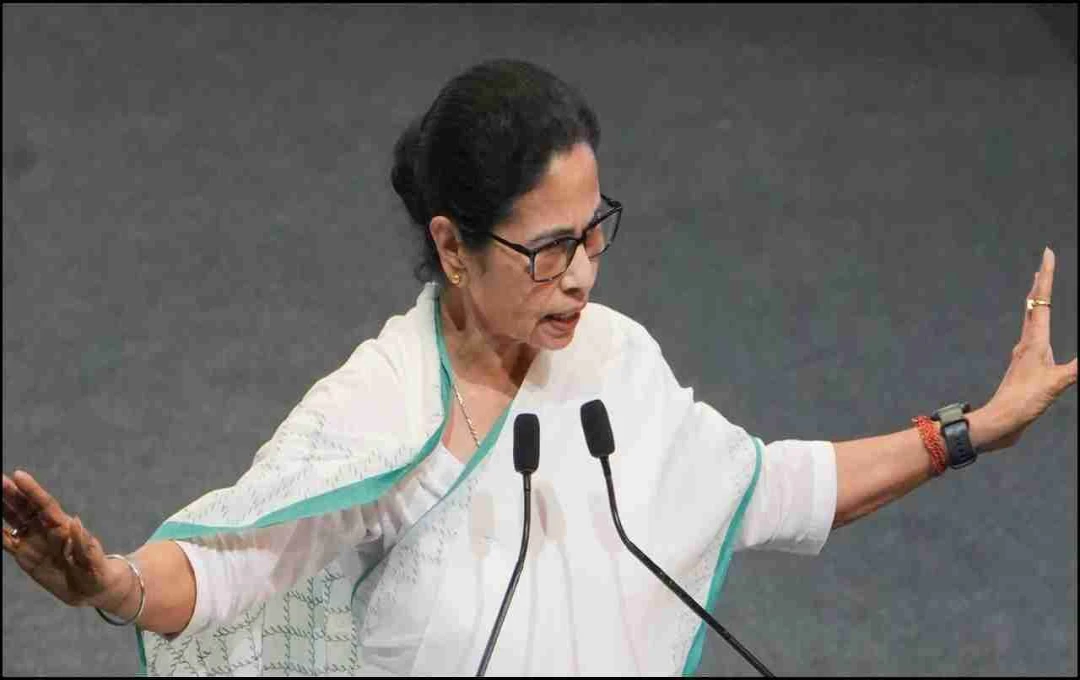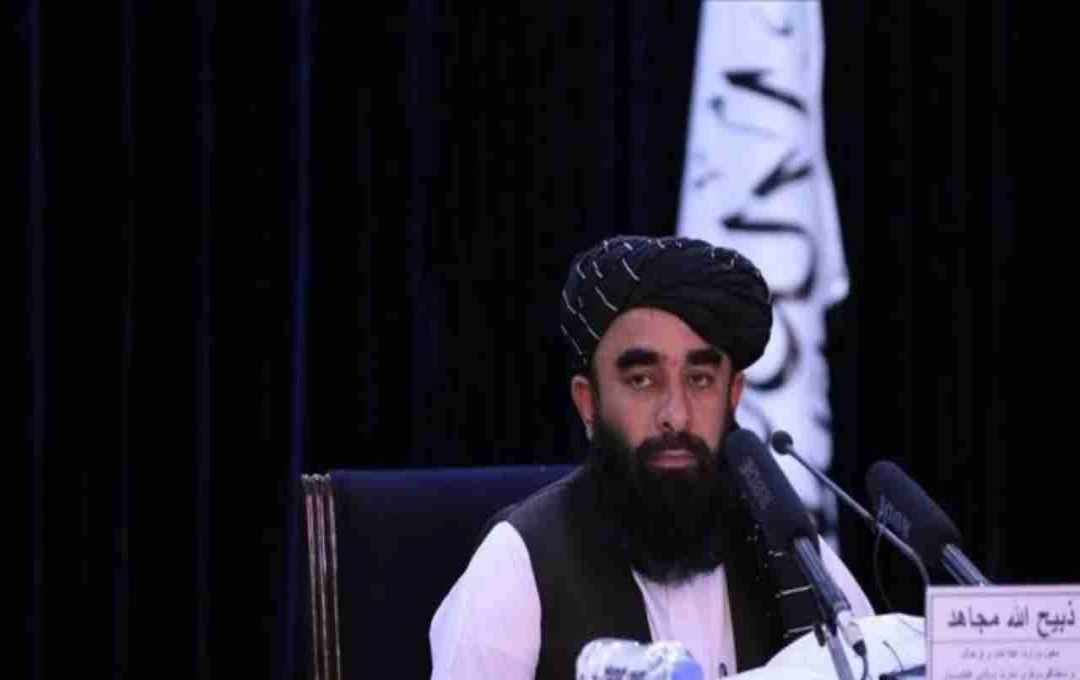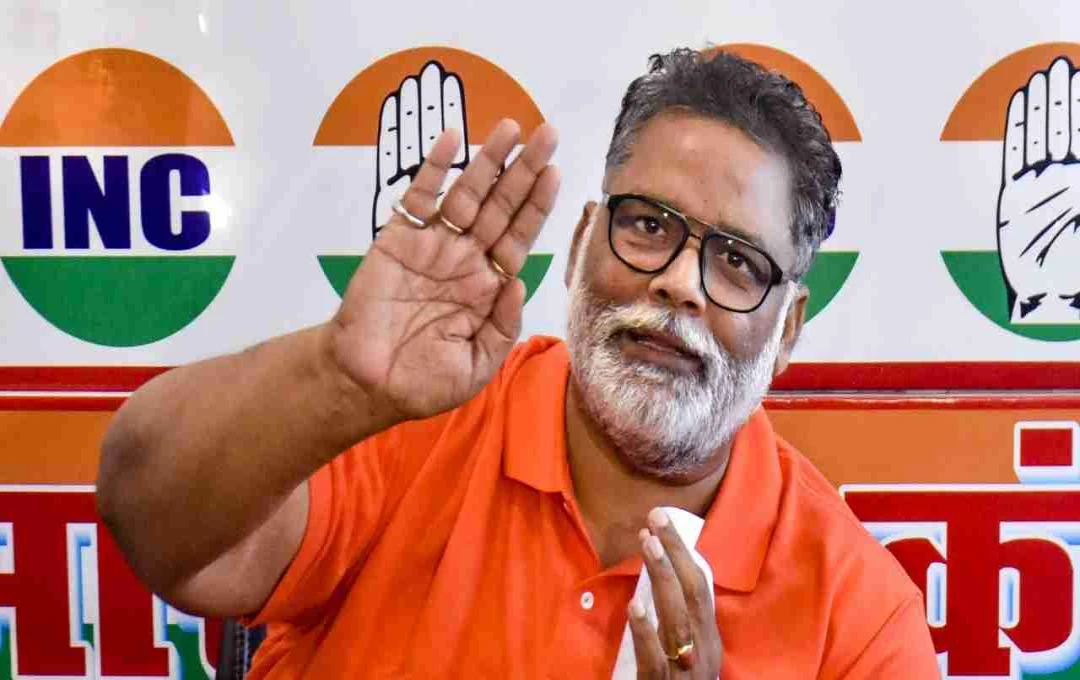A petition has been filed in the Supreme Court against the potential removal of lakhs of names from the voter list in Bihar. The court has scheduled a hearing for Thursday.
Bihar: Under the ongoing Special Intensive Revision program in Bihar, names are being scrutinized and revised on a large scale in the voter list. However, this process has now become controversial. Several petitions have been filed in the Supreme Court, expressing concerns that lakhs of people's names may be removed from the voter list due to this process.
Supreme Court Ready for Hearing
Senior advocate Kapil Sibal made an immediate mention of the matter in the Supreme Court on Monday, seeking an urgent hearing. The Supreme Court agreed and scheduled the hearing for Thursday. The court will now hear arguments from both sides on this issue.
Who Could Be Most Affected
Senior advocates Abhishek Manu Singhvi, Shadab Farasat, and Gopal Sankaranarayanan informed the court that women, poor sections, and marginalized communities could be most affected by this revision process. They urged the court to immediately halt the process of removing names from the voter list.
Questions Raised on Election Commission's Timeline
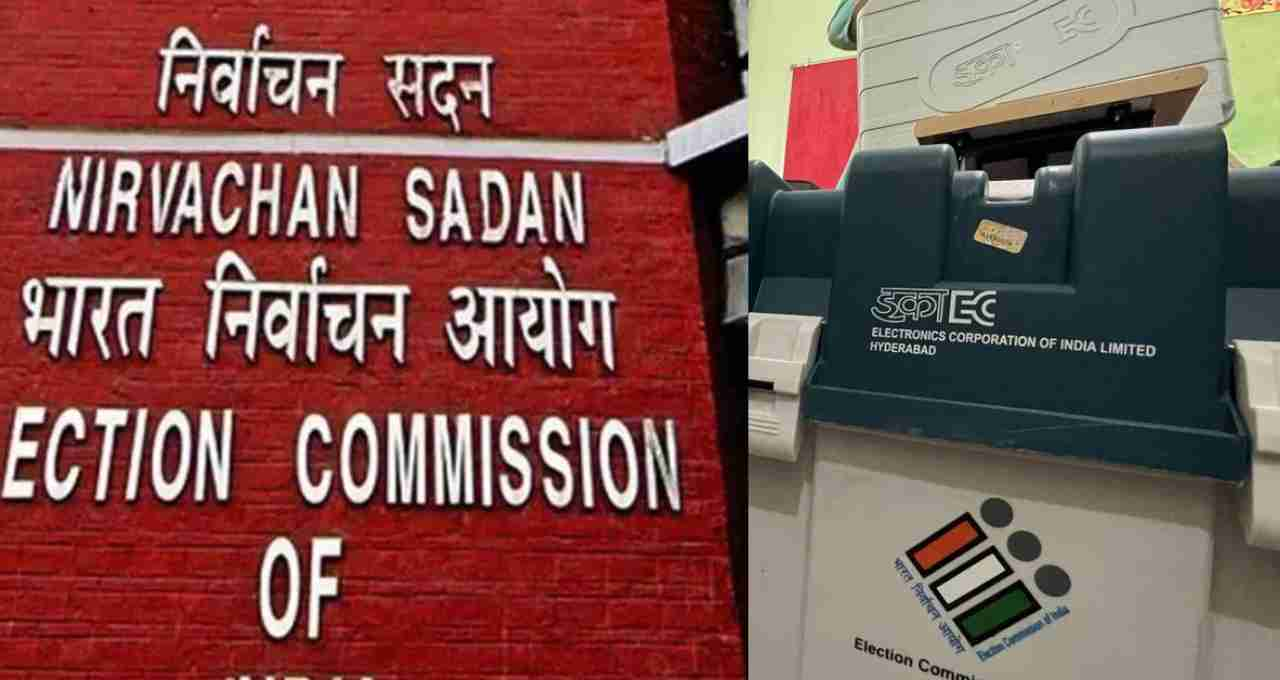
The petitioners claim that the Election Commission has set a deadline of July 25th, within which this revision process must be completed. Name deletions are being carried out on a large scale across the state within such a short timeframe. This could violate democratic rights.
Who are the Petitioners
Several prominent political parties and organizations are petitioners in this case:
- Rashtriya Janata Dal (RJD)
- Congress Party
- Mahua Moitra (MP)
- Association for Democratic Reforms (ADR)
- People's Union for Civil Liberties (PUCL)
They have all demanded that the Supreme Court immediately halt this process. They say that the entire process is unconstitutional, hasty, and anti-people.
Lakhs of Voters Could Be Affected
If no relief is granted by the court, lakhs of people in the state who are hoping to vote this time may lose that right. Especially those living in rural areas, people from weaker sections, and women could be more affected by this action.
